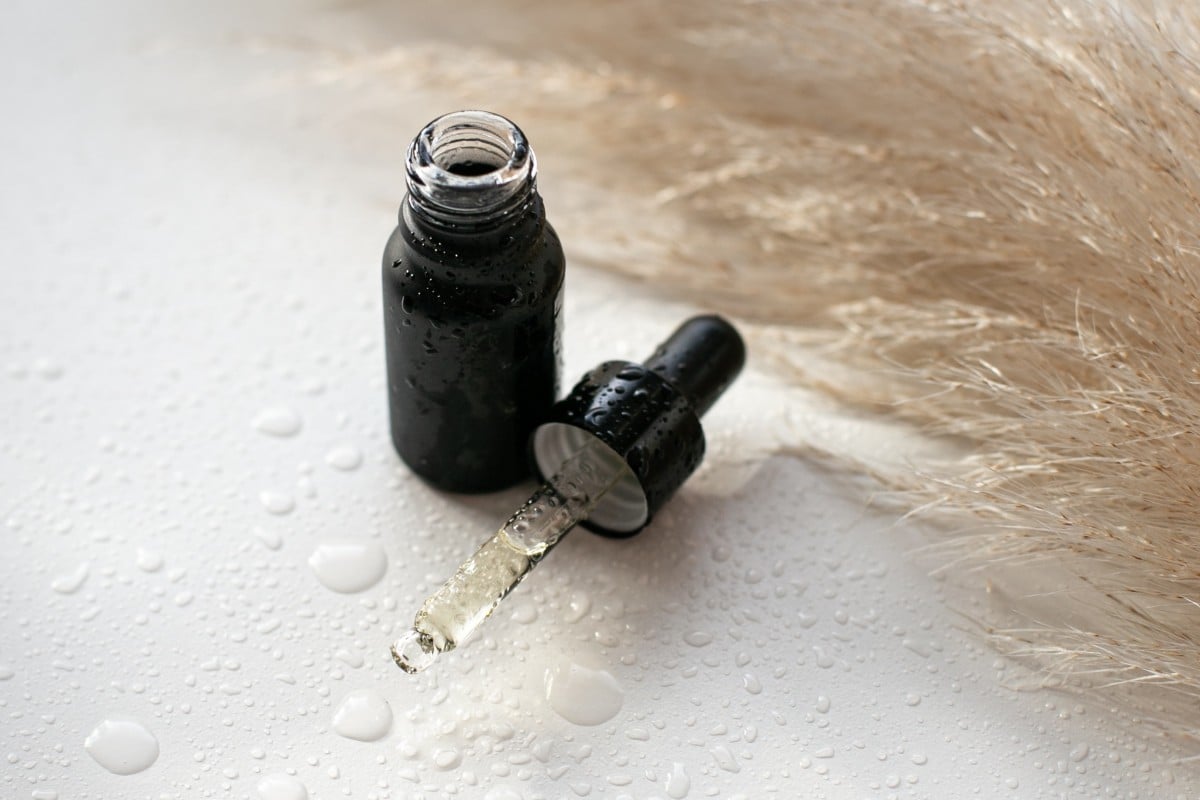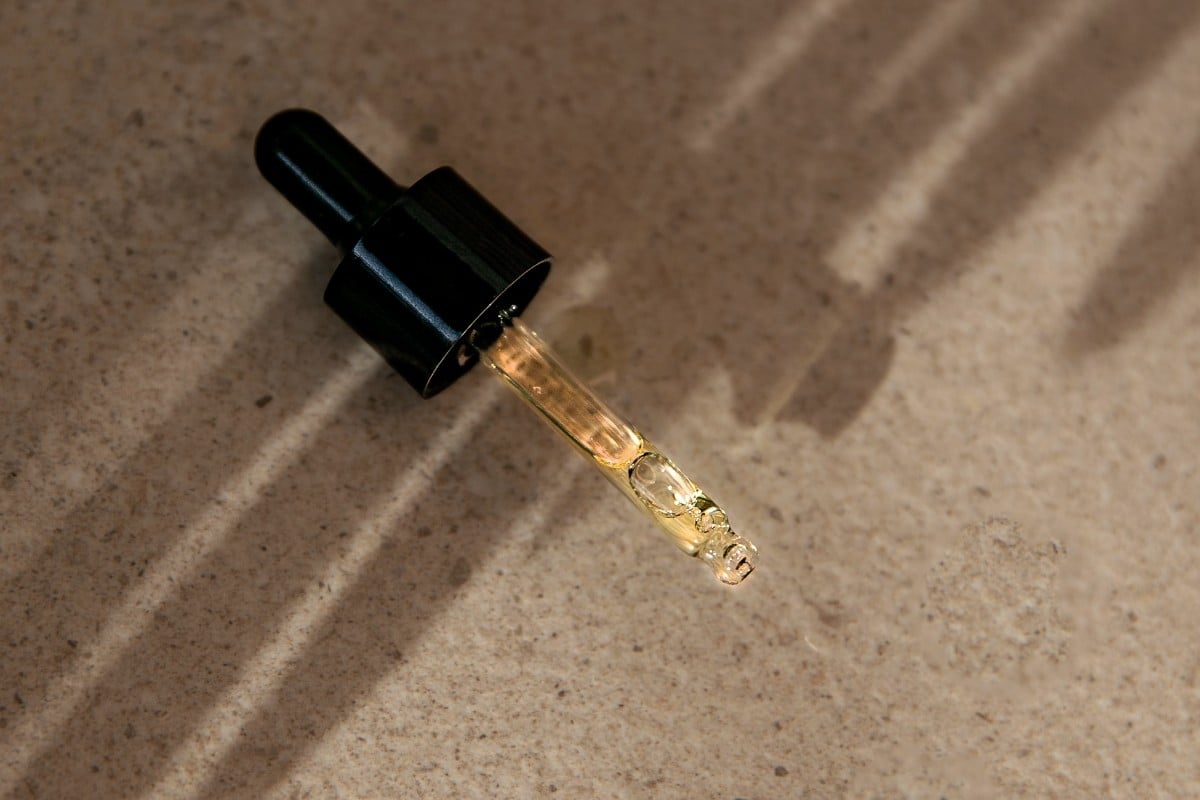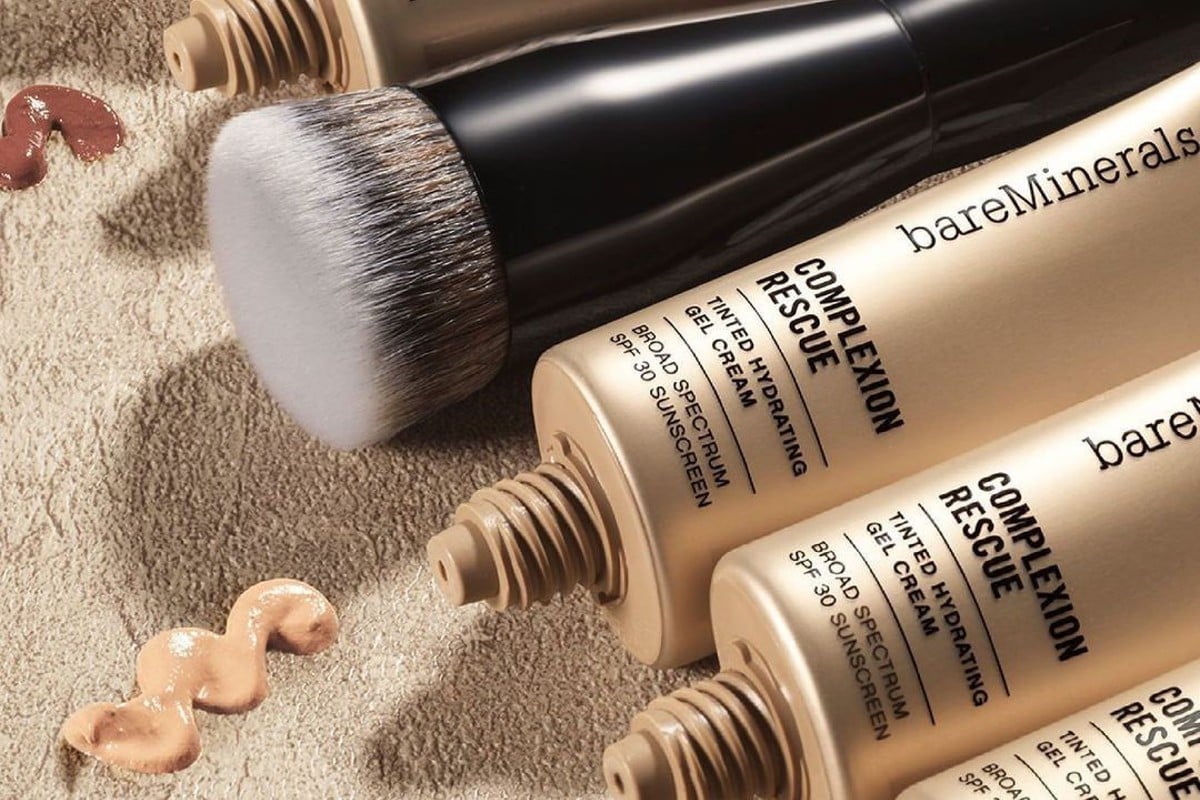7 Natural Alternatives to Hyaluronic Acid That Always Keep Skin Hydrated
When it comes to moisturizing, there’s nothing like hyaluronic acid. This humectant works to draw water from the environment and lock it into the skin, helping to retain moisture and promote hydration. But the rise of cleansing beauty has taught us that the skincare world is awash with natural extracts that can quench your skin’s thirst-though it’s hard to mimic some of the amazing results hyaluronic acid delivers.
While not every plant or botanical ingredient can compete with this super moisturizer, we’ve come up with the most promising natural alternatives to hyaluronic acid that promise to boost moisture levels.
Aloe Vera
Because aloe vera acts as a humectant when applied topically, it has a moisturizing effect similar to hyaluronic acid. [1] It also accelerates wound healing, softens wounds, and has anti-inflammatory and antibacterial effects. In addition, leaf gel contains polysaccharides, which are skin components responsible for retaining moisture (hyaluronic acid is also a polysaccharide, according to records). [2] According to a study, aloe vera extract can increase skin hydration in a single application when used at concentrations of 0.25% and 0.50%, so it is indeed one of the best hyaluronic acid alternatives for those committed to natural skin care. [3]
Cassia serrata polysaccharide
Another natural alternative to hyaluronic acid is a polysaccharide extracted from the seeds of Cassia serrata (a native Indian plant). This ingredient is increasingly used in skin care products because it provides long-lasting moisturizing effects and restores the skin’s protective barrier. Like hyaluronic acid, it reduces transepidermal water loss and, more importantly, cassia seed polysaccharide is an emollient, which means it helps lock in moisture and softens rough skin.
Centella asiatica
Centella asiatica (or cica or Gotu Kola) is one of the greatest polymorphs to enter the field of skin care, with anti-inflammatory, antioxidant, anti-aging and moisturizing properties. [4] One of its main effects is to form a closed layer around the skin, preventing water loss and restoring barrier function. More importantly, due to its flavonoid and amino acid content, it prevents the degradation of hyaluronic acid, thus supporting the skin’s natural ability to retain moisture. According to studies, 5% topical Centella asiatica can increase skin hydration by 25%, thanks to a reduction in transepidermal water loss. [4]
Green Tea Extract
When applied to the skin, green tea promotes hydration and improves moisturization (among many other effects). It does this by preventing the degradation of natural moisturizing factors, helping to keep hyaluronic acid levels at nearly 41%. [5] Green tea is also a great source of vitamins, including vitamin E, which has emollient properties that soften and help the skin retain more moisture.
Honey
Honey is a natural emollient and moisturizer (just like hyaluronic acid) that, when applied topically, deeply hydrates and locks in moisture for a more vibrant and plumped-up complexion. [6] It also soothes and softens the skin, supports healing and regulates pH levels, maintaining the acidic balance of the skin’s protective barrier , resulting in better moisture retention. In addition, honey has anti-inflammatory, antioxidant and antibacterial properties due to its content of sugars, amino acids, vitamins and minerals.
Seaweed
You can also rely on seaweed to hydrate your skin. It is a good source of polysaccharides – moisturizers known to increase the skin’s ability to retain moisture – and fatty acids that strengthen the protective barrier, thereby reducing water loss. There is also a wealth of research to support its moisturizing effects. For example, in one study, polysaccharides derived from a type of brown seaweed were more effective than hyaluronic acid in moisturizing the skin. [7]
Beeswax
As emollients, beeswax softens and inhibits transepidermal water loss by forming a protective film on the skin surface. [8] Beeswax is also rich in antioxidants and vitamins A, C and E, all of which help protect the skin as a barrier against external enemies and reduce the degradation of collagen.




